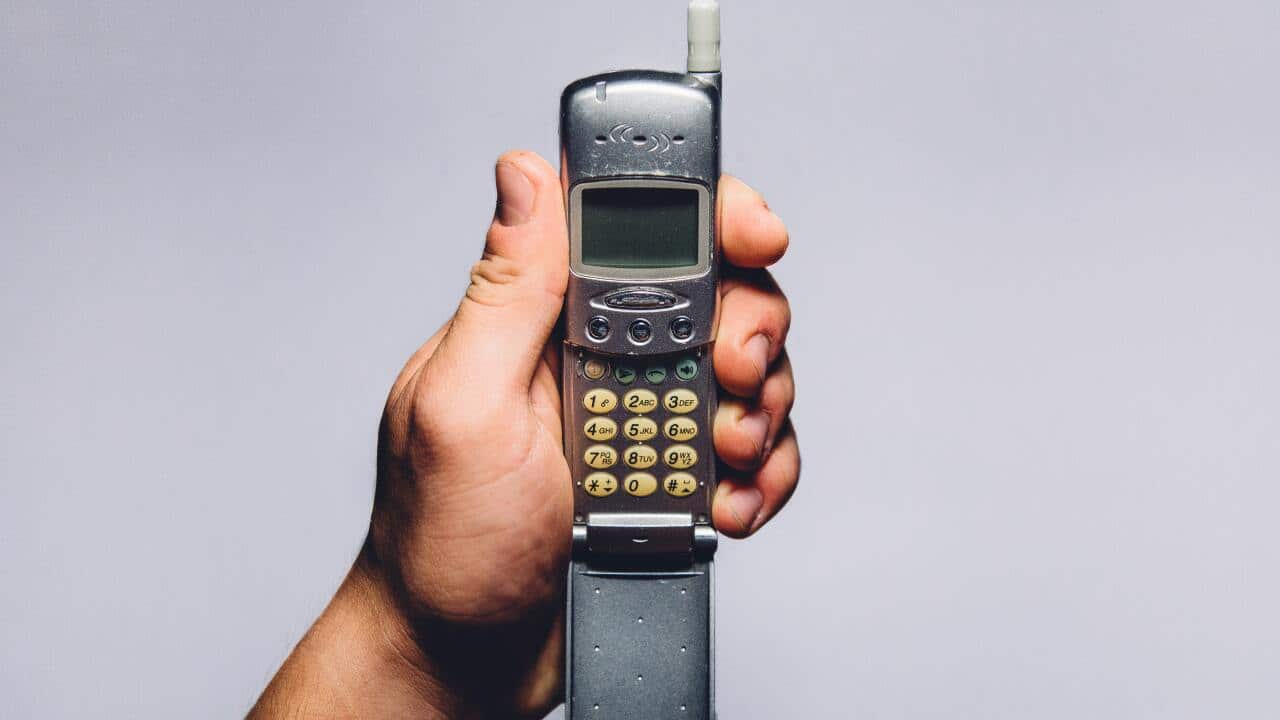Australia has been at the leading edge in general artificial intelligence research. The newly launched UBTECH Artificial Intelligence Centre is the very first research centre that brings artificial intelligence and humanoid robotics together.
Professor Archie Johnston, Dean of Faculty of Engineering and Information Technologies told SBS Mandarin the significance of this new project with a Chinese company and the future applications that both industry and the general public could expect.
Professor Johnston said that although there are still challenges of robotics coming into industry to complete tasks that are already done by humans, it is a general trend of developing industry that is without people. In addition, artificial intelligence and humanoid robots will even enter the household to help people with their daily lives in no distant future.
He said: "I think this is a step of introducing the humanoid robots within the household to integrate with other smart technologies or intelligent technologies. That will make life better and exciting for households. We expect that to be the outcome of the research, that we will prepare where and which the humanoid robots can access the learning of students, can being an assistant, or helper for sick and ill people where they need to get support, either variably through the humanoid robot speaking to them, or by showing them exercises, or maybe by helping them because these humanoid robots can help pull a hand up, pull a leg along, demonstrate an exercise, perhaps, improving their walking after they've had an illness to get their bones and muscles repaired, so that they develop a good walking style, a good running style, a good swimming style."
This high-end technology will no longer be too high to reach in the future. Does it mean that it would be a lot more difficult for a human to get a place in the future job market?




